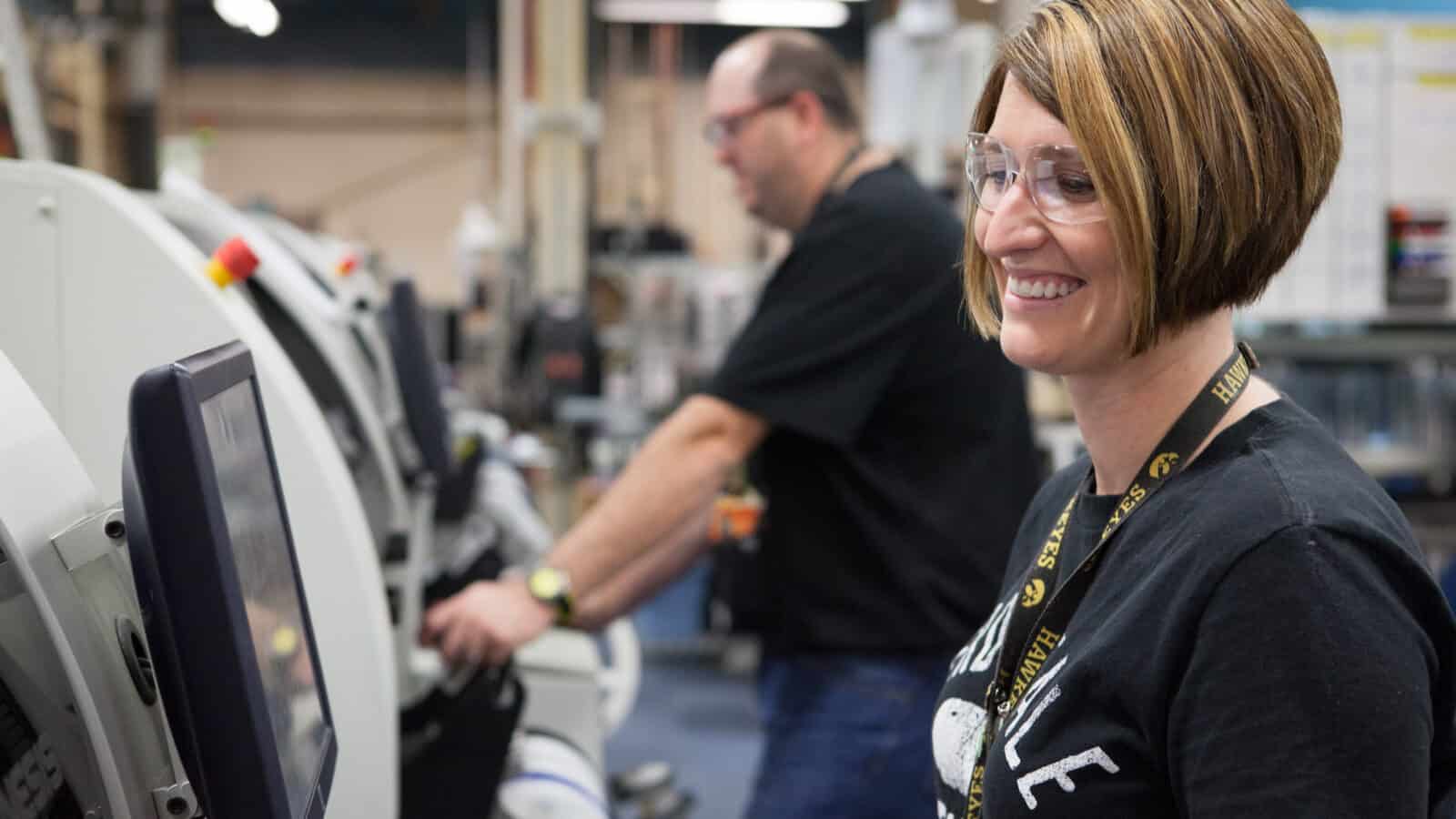
New Study Offers Insights on Retaining High-Potential, Skilled Workers in the Manufacturing Industry
Study Provides a Deeper Dive on Factors Affecting Talent Retention
WASHINGTON, D.C., 07/15/21 –
The Manufacturing Institute’s Center for Manufacturing Research partnered with the American Psychological Association to examine best practices for worker retention among manufacturers and explore the factors that affect retention. Featuring both leadership and worker perspectives, the Manufacturing Engagement and Retention Study analyzed why manufacturing workers stay with their employers and what contributes to that decision.
“With 814,000 jobs open in manufacturing, there has been a great deal of attention on recruitment, but part of the equation is also retention. We partnered with the APA to provide manufacturers a deeper dive into the forces affecting retention—what works, what motivates employees and where employers likely can improve. And as the study shows, not all employees are motivated by the same factors. It’s important to understand key differences among employee groups so that we can continue to foster the most engaging, productive and inclusive workplaces possible,” said MI Executive Director Carolyn Lee.
Key findings include the following:
- Eight in 10 workers said they stay with their employer because they enjoy the work.
- Employees under age 25 said they stay with their current employer because of training and development (69%) and career opportunities (65%).
- Employees who feel valued were more than four times as likely to report high levels of work engagement (59% vs. 13%) and less likely to say they feel stressed out on a typical workday (16% vs. 66%) or that they plan to leave the company within the next year (2% vs. 12%).
- More than 9 in 10 senior leaders are satisfied with training and development, compared to two-thirds of frontline workers.
- While competitive pay and benefits are important, designing work in a way that increases positive experiences on the job can be an effective approach to improving retention.
- The most sophisticated retention efforts employed by manufacturing leaders include ensuring every individual understands how their efforts are linked to overall company success and equipping frontline managers to support workers.
Common areas to address to improve retention cited by manufacturing leaders:
- Employee recognition programs
- Internal communication
- Clear career paths
- Better management training (especially “soft skills”)
-The MI-
The MI grows and supports the manufacturing industry’s skilled workers for the advancement of modern manufacturing. The MI’s diverse initiatives support all workers in America, including women, veterans and students, through skills training programs, community building and the advancement of their career in manufacturing. As the workforce development and education partner of the NAM, the MI is a trusted adviser to manufacturers, equipping them with resources necessary to solve the industry’s toughest challenges. For more information on the MI, please visit www.themanufacturinginstitute.org.
733 10th St. NW, Suite 700 • Washington, DC 20001 • (202) 637-3000